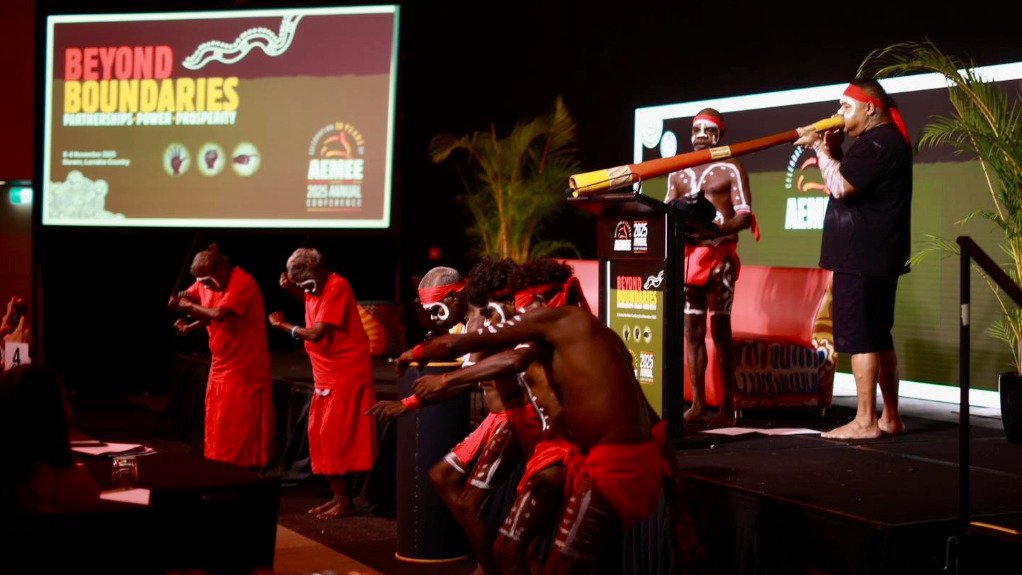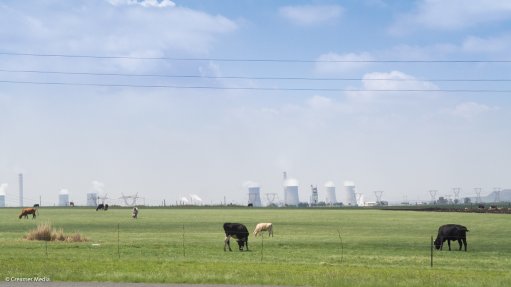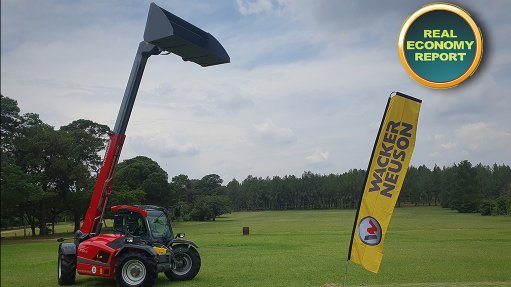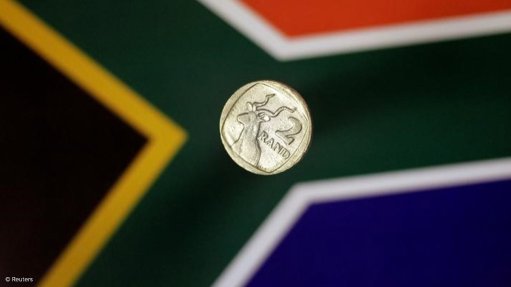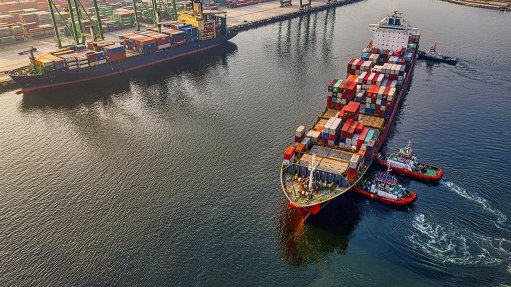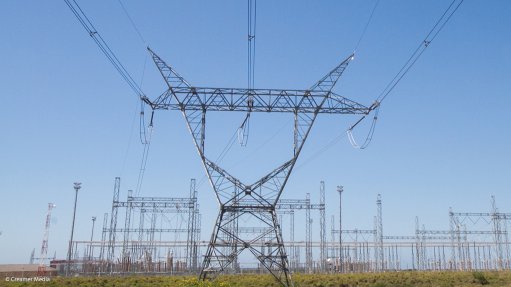MCA urges shift from contracts to co-ownership in Indigenous partnerships
The Minerals Council of Australia (MCA) has called for a shift in Indigenous economic participation, urging governments and resource companies to move “from contracts to capital” by supporting Indigenous equity and co-investment in mining projects.
Speaking at the Aboriginal Enterprises in Mining, Energy and Exploration (AEMEE) conference in Darwin last week, MCA principal adviser for Indigenous partnerships and communities Matt Denyer said the next stage of reform must go beyond procurement and employment frameworks to enable Indigenous ownership and intergenerational wealth creation.
“We know that participation alone isn’t power, and visibility isn’t value,” Denyer said. “The next chapter is about ownership, equity and intergenerational prosperity. It is about Indigenous enterprises not just being a part of someone else’s story but co-owners of its future.”
According to the MCA, Indigenous-business procurement reached A$5.83-billion in 2024/25, with the mining sector accounting for A$1.64-billion – about 28% of the total. The industry also directly employs about 6 000 Aboriginal and Torres Strait Islander people, with average mining salaries of A$158 800.
While those figures reflect progress, Denyer said they also exposed the imbalance between the scale of Australia’s A$405-billion mining export economy and the limited Indigenous ownership within it.
“If we are standing here in five years telling the same story ‘we won more contracts’, we will have failed,” he said. “Because the world will have moved ahead, but Indigenous business will still be in supply-chain mode – not in ownership mode.”
Denyer said a suite of federal and territory reforms – including reviews of the Environment Protection and Biodiversity Conservation Act, the Aboriginal and Torres Strait Islander Heritage Protection Act, and the Future Acts regime – presented a chance to make native title a “foundation for economic participation instead of a barrier".
“These reforms are not roadblocks: they are opportunities for Indigenous businesses to reap the rewards of investment and co-ownership in our rich and vast mineral reserves,” he said.
Denyer outlined three key pathways to shift Indigenous participation from procurement to ownership – holding exploration licences, co-owning infrastructure, and building investment-grade capability.
He called for Indigenous enterprises to move into exploration and titleholding, invest in processing and logistics infrastructure through vehicles such as the Northern Australia Infrastructure Facility and Indigenous Business Australia, and scale up governance and financial literacy to attract institutional capital.
“From contracts to assets. From opportunity to ownership. That is how Indigenous enterprises will turn today’s progress into tomorrow’s intergenerational wealth,” he said.
Denyer estimated that if Indigenous businesses captured even 1% of the mining sector’s export value, it would equate to A$4-billion annually from co-ownership alone.
INDUSTRY SUPPORT
He said the Australian mining industry was ready to partner, emphasising that Indigenous co-ownership delivers stronger community outcomes and reduces project risk.
“The Australian mining industry is ready to partner because co-ownership isn’t charity – it is the smartest commercial strategy,” he said. “Projects with genuine Indigenous equity and leadership have lower risk, stronger social licence and longer lifespans.”
Denyer concluded that Indigenous equity and co-investment should form the foundation of future partnerships across Australia’s resource sector.
“We have proven what we can achieve when opportunity meets capability,” he said. “Now the next steps are contracts to capital, from participation to ownership.”
Article Enquiry
Email Article
Save Article
Feedback
To advertise email advertising@creamermedia.co.za or click here
Comments
Announcements
What's On
Subscribe to improve your user experience...
Option 1 (equivalent of R125 a month):
Receive a weekly copy of Creamer Media's Engineering News & Mining Weekly magazine
(print copy for those in South Africa and e-magazine for those outside of South Africa)
Receive daily email newsletters
Access to full search results
Access archive of magazine back copies
Access to Projects in Progress
Access to ONE Research Report of your choice in PDF format
Option 2 (equivalent of R375 a month):
All benefits from Option 1
PLUS
Access to Creamer Media's Research Channel Africa for ALL Research Reports, in PDF format, on various industrial and mining sectors
including Electricity; Water; Energy Transition; Hydrogen; Roads, Rail and Ports; Coal; Gold; Platinum; Battery Metals; etc.
Already a subscriber?
Forgotten your password?
Receive weekly copy of Creamer Media's Engineering News & Mining Weekly magazine (print copy for those in South Africa and e-magazine for those outside of South Africa)
➕
Recieve daily email newsletters
➕
Access to full search results
➕
Access archive of magazine back copies
➕
Access to Projects in Progress
➕
Access to ONE Research Report of your choice in PDF format
RESEARCH CHANNEL AFRICA
R4500 (equivalent of R375 a month)
SUBSCRIBEAll benefits from Option 1
➕
Access to Creamer Media's Research Channel Africa for ALL Research Reports on various industrial and mining sectors, in PDF format, including on:
Electricity
➕
Water
➕
Energy Transition
➕
Hydrogen
➕
Roads, Rail and Ports
➕
Coal
➕
Gold
➕
Platinum
➕
Battery Metals
➕
etc.
Receive all benefits from Option 1 or Option 2 delivered to numerous people at your company
➕
Multiple User names and Passwords for simultaneous log-ins
➕
Intranet integration access to all in your organisation



